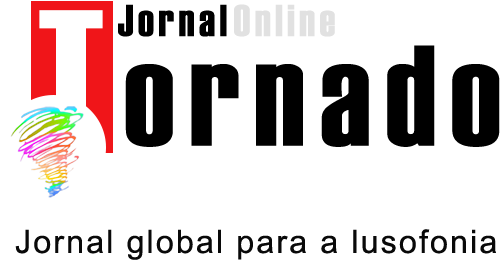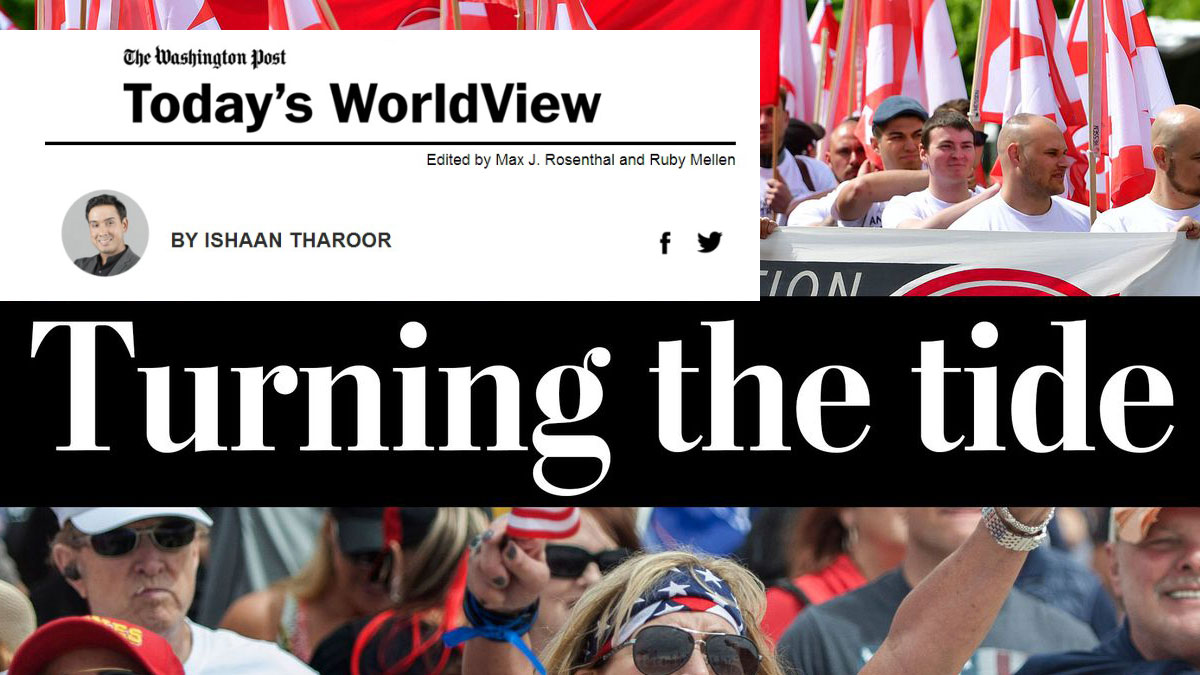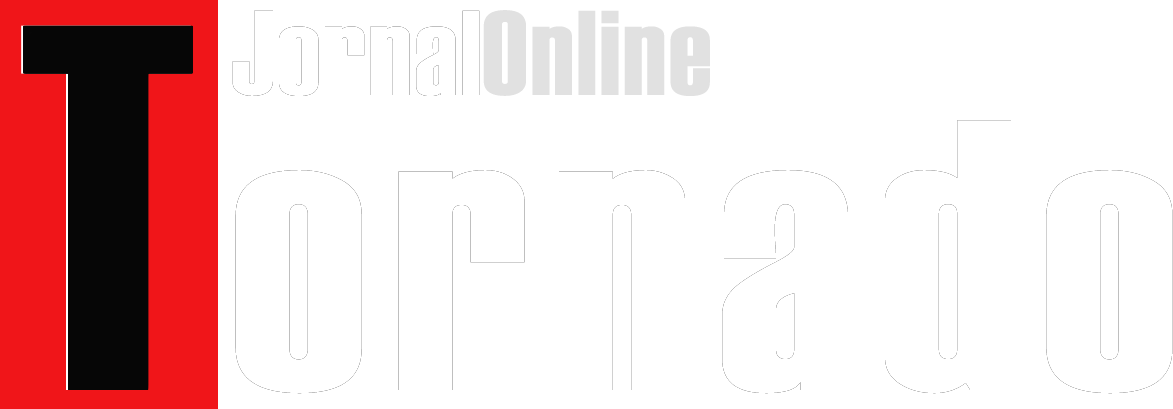Washington wakes up to ‘authoritarian’ populism in the U.S. and EuropeEis aqui um recentíssimo facto muito significativo e revelador da derrota total da velha elite política de Washington (a tal que no pós 2008 não soube desvincular-se da sua catastrófica mancebia com a elite financialista…) e da sua total descredibilização.
Dois think tanks (um da ala direita e outro da ala esquerda da velha elite política) obrigados a aliar-se publicamente (pela primeira vez nas suas vidas!) para “defending liberal democracy” in “an era of rising authoritarianism”… “To defend what they see as threatened democratic norms“. Impensável até há escassos meses, este reconhecimento do colapso da elite política dos Clintons, Bushs, Obamas and so on.
Um colapso que obriga estes . a subir juntos à primeira linha… Como dizia há dias uma comunicação do George Friedman a partners e amigos, “Trump é apenas um prenúncio da mudança que está para vir”. Claro que o George, mais do que olhar para pessoas (e seus penteados), analisa dinâmicas… E, logo em 2010, ele foi dos primeiríssimos a perceber a dinâmica do descalabro dessa elite política e a nova atracção dos eleitorados pelo que, então, ele chamou de “candidatos genuínos e não pré-fabricados por agências de comunicação política”.
No Intelnomics, anunciámos há coisa de uma década que a geopolítica estava de volta e que isso ia mudar tudo. Já mudou. A geopolítica está hoje não só de regresso mas já ocupa o posto de comando, mesmo se os “comentadores de serviço” estão longe de se terem sequer apercebido de tal. A maneira como o Washington Post noticia a acção dos 2 think tanks é, aliás, exemplar dessa total incompreensão…
The Center for American Progress and the American Enterprise Institute, two influential Washington think tanks with opposing politics, are trying to figure out how to turn the tide. With two joint reports published Thursday, the organizations launched a project aimed at “defending liberal democracy” in “an era of rising authoritarianism.” It’s a mark of the widely felt alarm in the U.S. capital that both organizations have shelved their differences to defend what they see as threatened democratic norms.
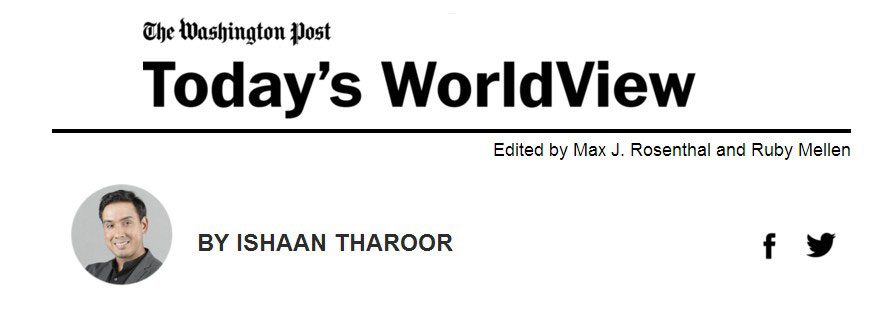
Washington wakes up to ‘authoritarian’ populism in the U.S. and Europe
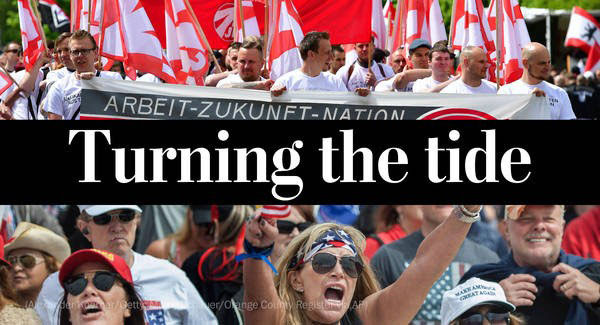
Readers of Today’s WorldView know there’s no shortage of hand-wringing about the current state of liberal democracy. President Trump’s election in 2016 triggered an endless wave of articles, essays and books on how the political and intellectual establishment of the United States got it so wrong. Since then, the electoral gains made by right-wing populist parties in Europe have deepened the gloom.
Much of official Washington is accustomed to seeing American politics as a realm unto itself, beholden only to its own mores and logic. But the moment is rapidly widening that lens — much of what animates Trump’s supporters applies across the Atlantic, and vice versa. And Trump’s intemperate style and at times extremist agenda, coupled with a dark authoritarian turn in some European countries, has establishment figures on both continents worried.
The Center for American Progress and the American Enterprise Institute, two influential Washington think tanks with opposing politics, are trying to figure out how to turn the tide. With two joint reports published Thursday, the organizations launched a project aimed at “defending liberal democracy” in “an era of rising authoritarianism.” It’s a mark of the widely felt alarm in the U.S. capital that both organizations have shelved their differences to defend what they see as threatened democratic norms.
The reports, one on Europe’s populist challenge and another on the growth of an “authoritarian” brand of populism in the United States, draw parallels across borders. “Both Donald Trump’s campaign and right-wing authoritarian populists in Europe have tended to exploit anxieties related to such demographic change,” they write. “Trump’s electoral base, also the base of the Republican Party, is overwhelmingly white. The Trump campaign took advantage of anxieties around immigration, race, and Islam, leaning into white identity politics with explicitly racist appeals.”
They also point to what feeds this kind of “exclusionary” worldview: “At the heart of exclusionist authoritarian populist narratives is a distinction between a corrupt elite and those who belong to the relevant group of supposedly good, ordinary people. The distinction between the two is not necessarily based on ethnic or racial grounds, but it frequently is.”
Compounding this brand of extremist politics is widespread apathy toward the usual safeguards of democracies. The joint report on Europe cites new survey data from the Pew Research Center that indicates “trust in institutions — particularly in government and media — is at an all-time low, with those favoring populist parties in Europe demonstrating deeper levels of distrust in government.”
The Fake News is working overtime. Just reported that, despite the tremendous success we are having with the economy & all things else, 91% of the Network News about me is negative (Fake). Why do we work so hard in working with the media when it is corrupt? Take away credentials?
— Donald J. Trump (@realDonaldTrump) 9 de maio de 2018
Of course, both Trump and his base are possessed bysuspicion of federal bureaucrats and the establishment press corps that live in their midst. On Wednesday morning, Trump briefly interrupted the week’s blizzard of a news cycle with another angry tweet at the media, explicitly referring to negative coverage as “fake” news and suggested stripping the credentials of critical journalists. (A day earlier in Germany, journalists boycotted a news conference held by the ascendant, far-right AfD party after its officials refused to speak to a correspondent from one particular paper.)
#AfD-Pressekonferenz ohne Presse: Weil #Brandenburg s AfD-Fraktionssprecher Andreas Horst keine Fragen von @Micha_BILD erlaubte, verließen alle Journalisten den Raum. AfD-Vizechefin Birgit Bessin brach die PK darauf ab
Danke, liebe Kollegen! pic.twitter.com/561so79nBn— Michael Sauerbier (@Micha_BILD) 8 de maio de 2018
But the two reports don’t place all of the blame on the populists. “There is nothing inherently virtuous about mainstream center-left and center-right politics as it has been practiced in past decades,” the researchers note, criticizing the centrist parties that have overseen spiraling economic turmoil and political dysfunction in many countries.
Both papers argue that the establishment’s lack of responsiveness must change, and that voters must feel better represented. The havoc of the financial crisis and the endless global battle against Islamist militants have bred skepticism and fatigue.
“In the United States, populism on the left and populism on the right have some striking commonalities: deep suspicion about America’s overseas military actions; alarm about the rise of a surveillance state; mistrust of major institutions and suspicion about global elites,” they observe.
There’s also the need to be clear-eyed about the concentrations of wealth in Western societies, and how that wealth gets wielded in politics. “Corporations, trade associations, and business groups accounted for 48 percent of all organized-interest activity, while social welfare and labor organizations made up just 2 percent,” noted the paper on the United States, referring to the power of lobbyists in Washington and the diminishing of labor unions.
But they also argue that the rise of populism can’t be exclusively connected to economics. They point to “a growing stream of literature investigating support for right-wing populists in European countries, where cultural and political concerns drive populist voters more strongly than economic ones.”
To allay these cultural concerns, they argue, the liberal establishment needs to reclaim the language of patriotism and also recognize that grievances over immigration can be legitimate. “The ugly nationalism and white supremacy on display during and after the 2016 election can best be countered by rebuilding patriotic sentiments around America’s time-tested democratic values and institutions,” they write.
One example of this can arguably be found in the form of French President Emmanuel Macron, who smashed France’s traditional establishment in elections last year while championing a kind of inclusive French nationalism deeply linked to the European Union. But it remains to be seen whether Macron’s particular model can be replicated in any other European society — or even be sustained in France — let alone imported to America.
Nevertheless, the scholars at CAP and AEI are hoping to start the conversation, though critics on both the left and right may argue this amounts to a desperate rear-guard action.
The two think tanks are at odds on nearly every issue, from America’s wars abroad to health care and tax reform at home. But they also represent Washington’s shaken status quo. The next iteration of their combined work will focus on the threat that populist movements on both sides of the pond pose to transatlantic cooperation.
“This is not the revenge of the center, but a wake-up call for the center,” Vikram Singh, a senior fellow at the Center for American Progress, said to Today’s WorldView. “There are major issues we disagree vehemently on, but we don’t think the other side is evil and we believe civility and debate is a hallmark of functioning democracy.”
Exclusivo Tornado / IntelNomics

Receba a nossa newsletter
Contorne o cinzentismo dominante subscrevendo a Newsletter do Jornal Tornado. Oferecemos-lhe ângulos de visão e análise que não encontrará disponíveis na imprensa mainstream.

